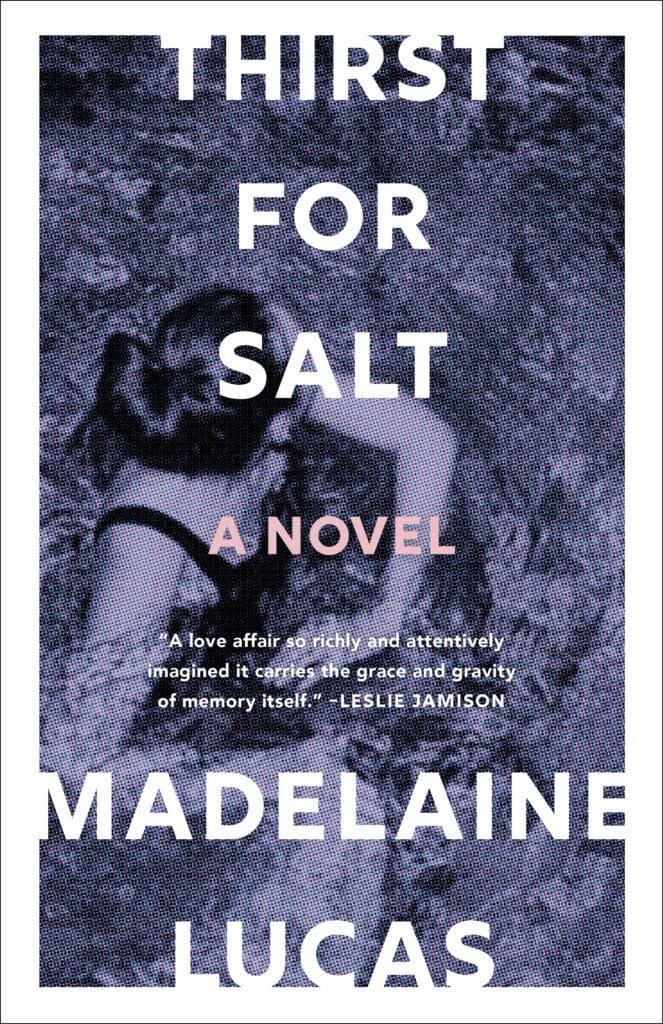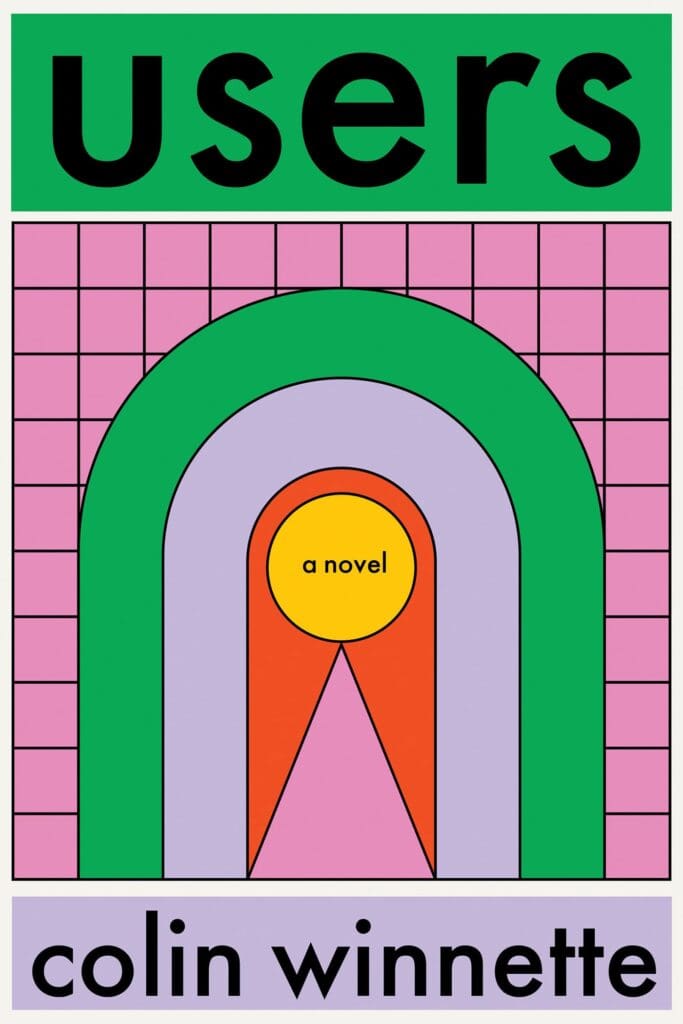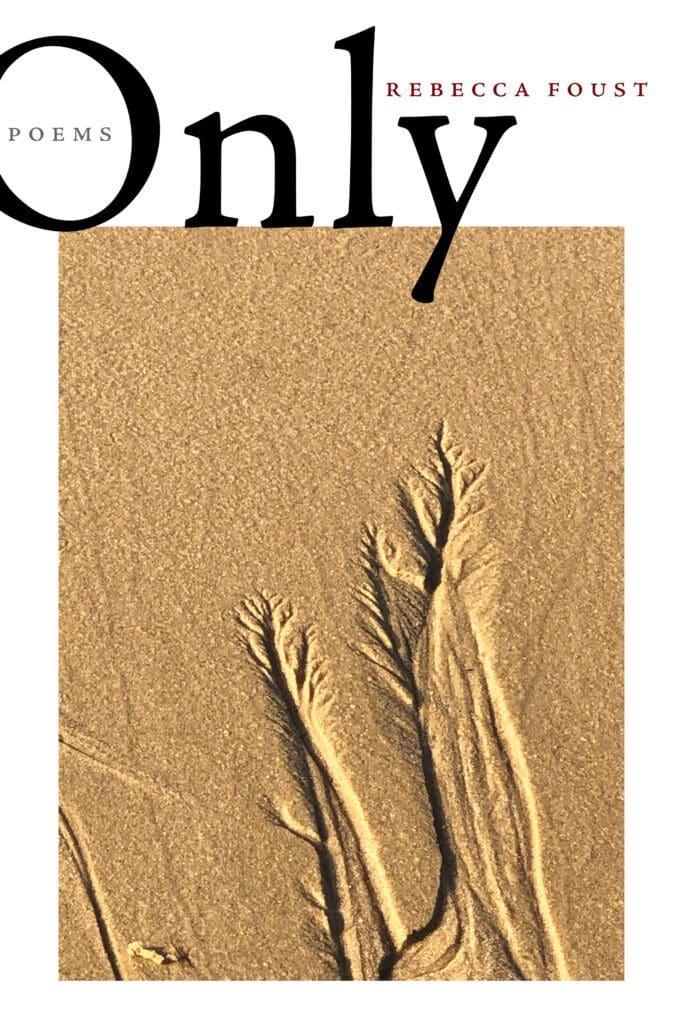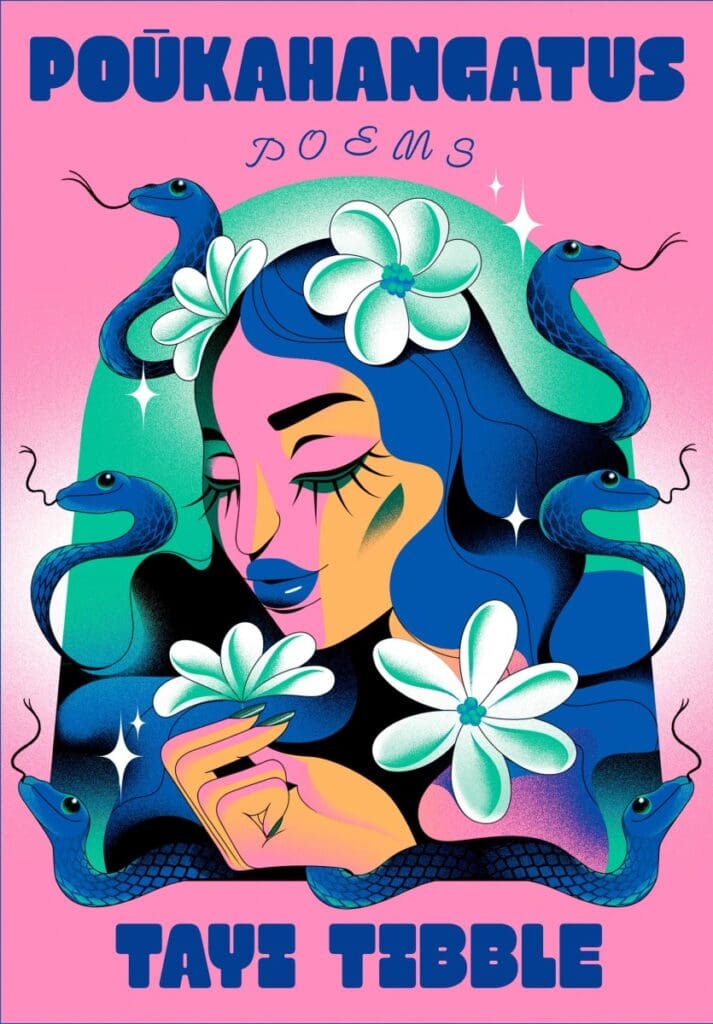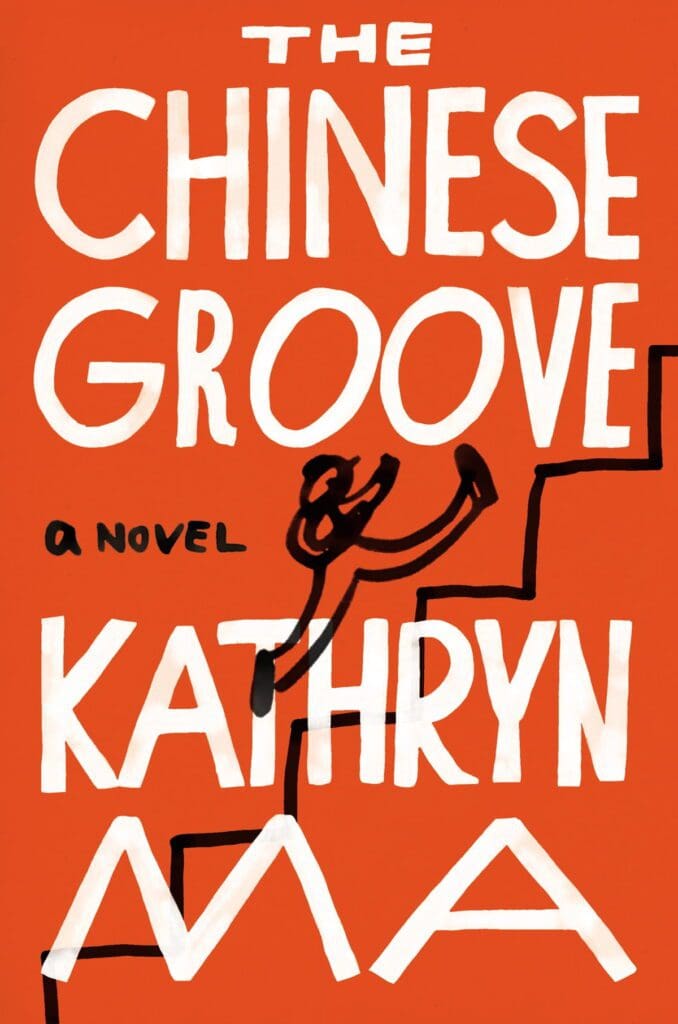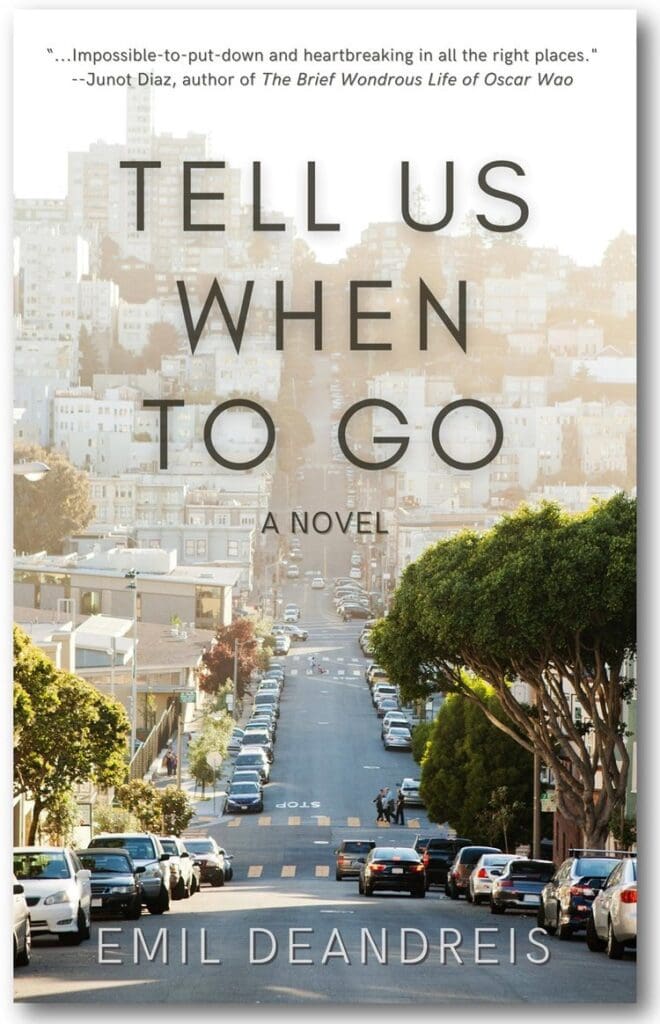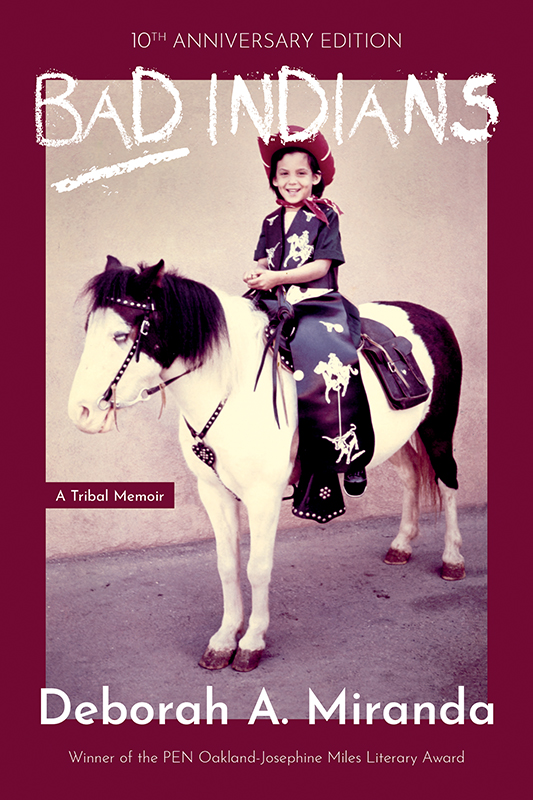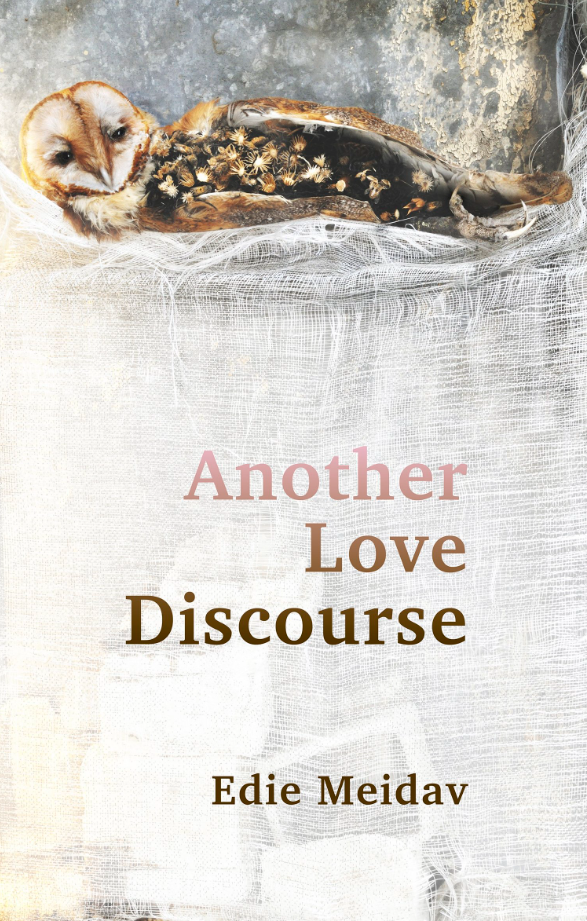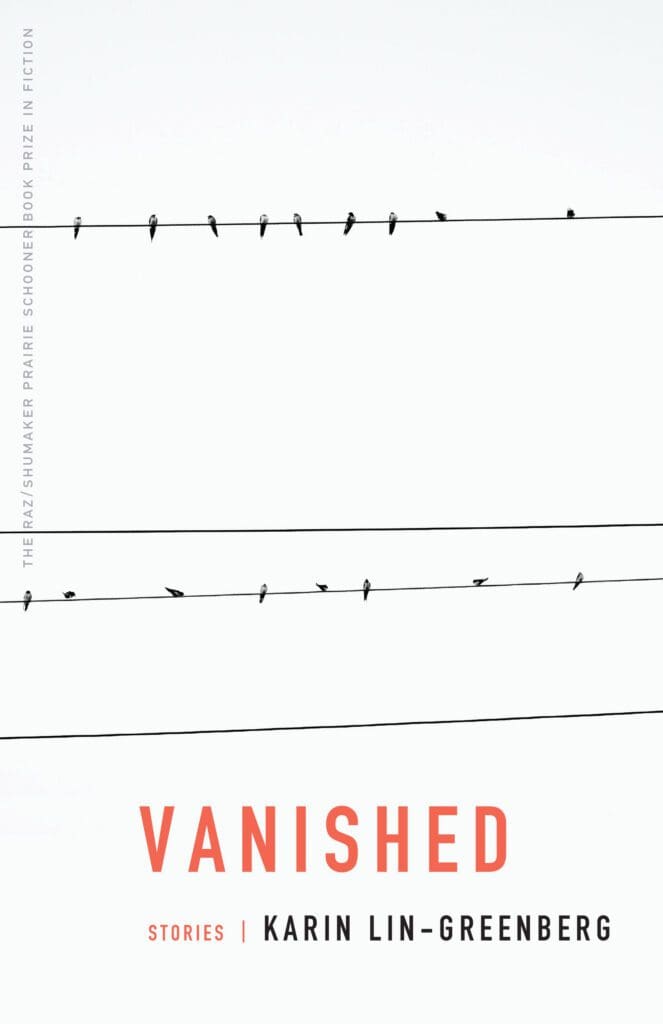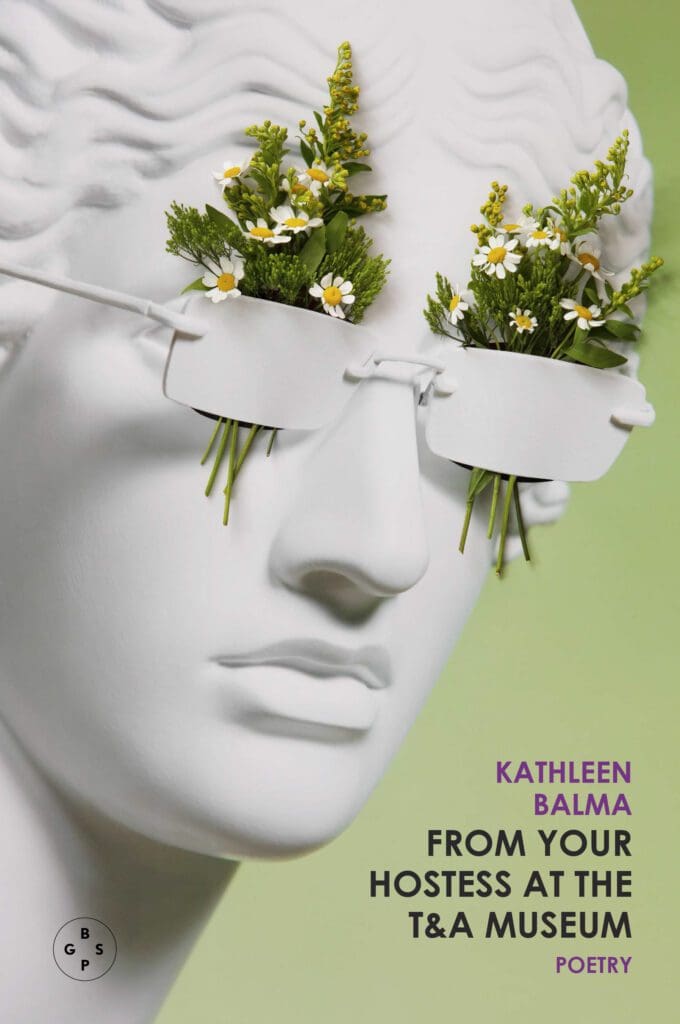Madelaine Lucas’s first novel, Thirst for Salt (272 pages; Tin House Books), centers on an unnamed female narrator and her love for an older man, offering profound reflections on how the absence of affection can still take up space in one’s life. Throughout the story, notions of desire are uprooted by the impermanence of relationships, places, and the self. Lucas writes with a poetic precision that captures the sharp and mellow edges of love, as well as its intersections with grief. Born in Australia, Lucas now lives in New York, where she is senior editor of the literary magazine NOON […]
Q&A with Madelaine Lucas: ‘Thirst for Salt’ and the Roots of Desire
by Valerie Braylovskiy
